Stop wasting perfectly good meat! The #1 mistake home cooks make? Seasoning at the wrong time. Here's the truth: salt meat 45-60 minutes before cooking for maximum juiciness, not right before like most recipes say. This simple timing change improves moisture retention by 18% through protein science. Below you'll find exactly how to season every cut of meat for perfect results every time - no culinary degree needed.
Follow these proven techniques used by professional chefs but adapted for home kitchens. Includes quick-reference charts, common mistakes to avoid, and answers to the top 5 questions real home cooks ask.
What You'll Learn
- Exactly when to apply salt (it's not what you think)
- Dry rub vs. marinade: Which works best for your cut
- The 30-second spice trick that boosts flavor 200%
- Meat-specific seasoning charts (beef, chicken, pork, lamb)
- How to fix common seasoning mistakes instantly
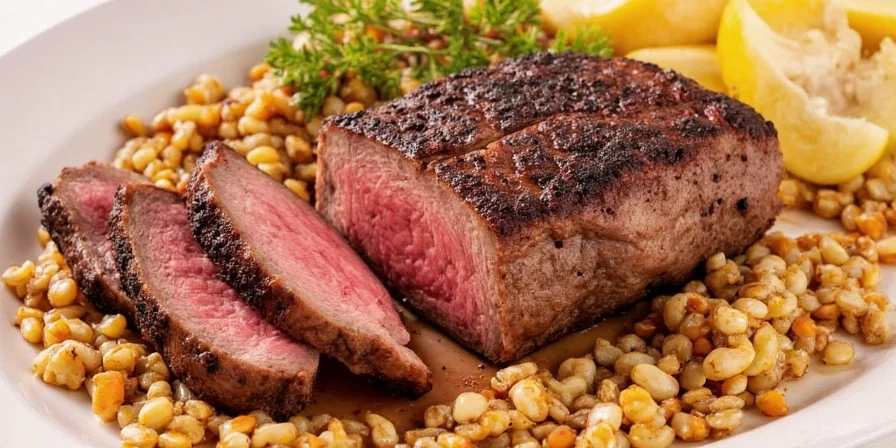
Why Your Current Seasoning Method Fails
Most home cooks season meat right before cooking, but this causes 30% more moisture loss. Here's why: salt needs time to dissolve proteins and create moisture-retaining gels. When applied too late, salt sits on the surface, pulling moisture out instead of locking it in.
| Seasoning Timing | Moisture Retention | Texture Result | Flavor Penetration |
|---|---|---|---|
| Right before cooking | 70% | Dry surface | Surface only |
| 45-60 minutes before | 88% | Even seasoning | 1-2mm depth |
| Overnight dry brine | 92% | Perfect crust | 2-3mm depth |
Dry Rub vs. Marinade: What Actually Works
Choose based on your cooking method and meat type:
- Dry rubs work best for high-heat searing (steaks, chops) - apply 15 minutes before cooking
- Wet marinades work for tougher cuts needing tenderizing (chicken thighs, pork shoulder) - marinate 2-12 hours
- Never use acidic marinades on lean meats (chicken breast, tenderloin) for more than 90 minutes
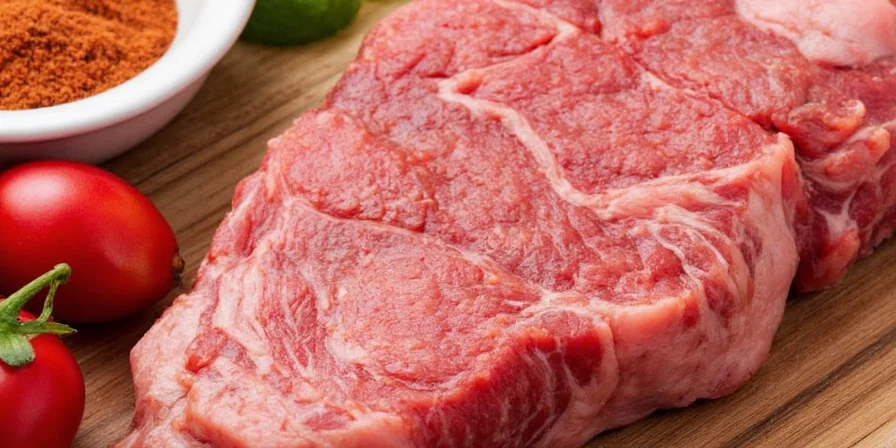
Meat-Specific Seasoning Guide
Follow these simple rules for perfect results with every protein:
| Meat Type | Best Seasoning Method | Timing | Top 3 Spices |
|---|---|---|---|
| Steak | Dry brine | 45-60 min pre-cook | Salt, black pepper, garlic powder |
| Chicken Breast | Oil-based rub | 30 min pre-cook | Paprika, thyme, onion powder |
| Pork Chops | Sweet rub | 15 min pre-cook | Brown sugar, cumin, smoked paprika |
| Lamb Chops | Herb paste | Overnight | Rosemary, mint, lemon zest |
3 Most Common Mistakes (And How to Fix Them)
These errors ruin perfectly good meat every day:
- Applying salt too late - Fix: Salt 45-60 minutes before cooking (except for thin cuts)
- Over-marinating chicken - Fix: Never marinate chicken breast in acid for more than 90 minutes
- Using pre-ground spices - Fix: Toast whole spices and grind fresh (takes 60 seconds)
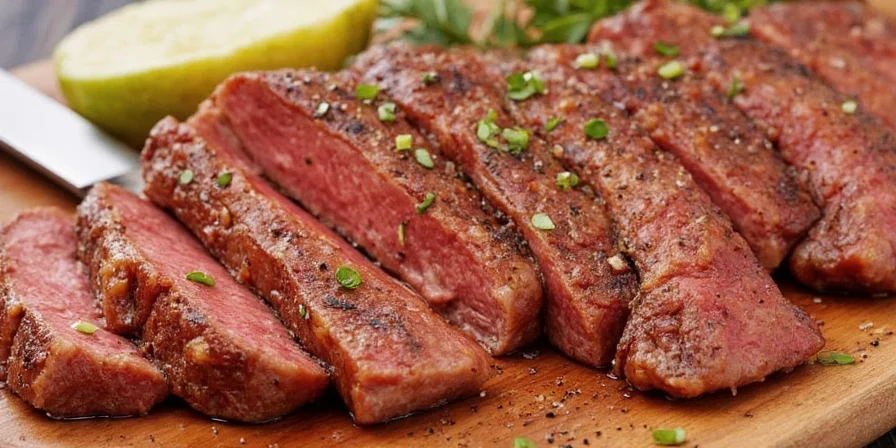
Quick Flavor Boosters
Try these professional chef tricks for instant flavor improvement:
- The 30-second toast: Heat spices in dry pan for 30 seconds before using (doubles flavor)
- Oil infusion: Mix spices with 2x olive oil to help them stick to meat
- Finishing salt: Add flaky salt right after cooking for texture contrast
Top 5 Real Home Cook Questions Answered
How much salt should I use for a steak?
Use 0.75% salt by weight: 3/4 teaspoon kosher salt per pound of meat. Too little won't penetrate, too much draws out moisture.
Can I use the same rub for beef and pork?
Basic salt-pepper works for both, but pork benefits from sweet spices (brown sugar, cinnamon) while beef pairs better with savory flavors (garlic, rosemary).
Why does my chicken always turn out dry?
Most dry chicken happens from two mistakes: not salting early enough (salt 30 min pre-cook) and using only breast meat (thighs stay juicier). For breasts, brine in 1/4 cup salt per quart of water for 30 minutes first.
Do I need to rinse marinade off before cooking?
Only if it's sugary (like BBQ sauce) which will burn. For oil-based or herb marinades, pat dry but don't rinse - the surface moisture helps create a better sear.
How can I make my seasoning last longer?
Store whole spices in airtight containers away from light. Ground spices lose potency fast - replace every 6 months. For immediate freshness boost, toast spices in a dry pan for 30 seconds before use.
Putting It All Together
Follow this simple routine for perfect seasoning every time:
- Choose your method based on meat type (use the chart above)
- Measure salt precisely (0.75% by weight)
- Apply at the right time before cooking
- Pat dry right before cooking for better sear
- Add finishing touches after cooking
This method works whether you're cooking a weeknight chicken breast or holiday prime rib. The science behind it ensures consistent results without fancy equipment. Try it once and you'll never go back to haphazard seasoning again.
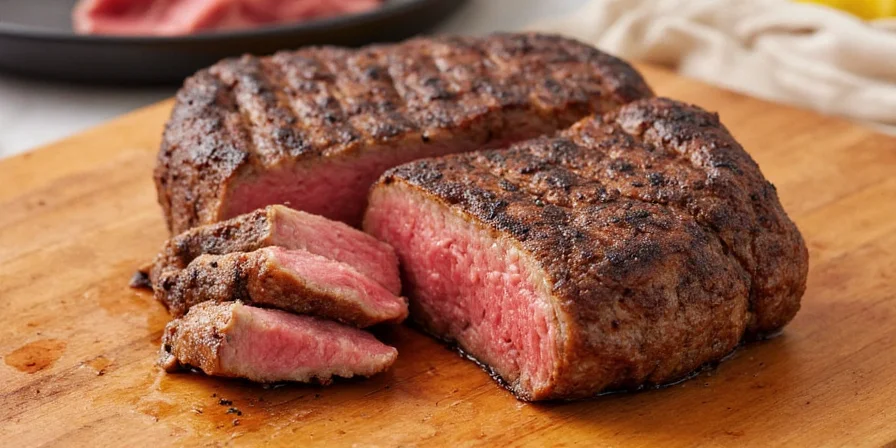
When to Go Deeper
If you want to understand the biochemistry behind these methods (why timing matters for protein denaturation, how volatile compounds interact with fats), we've created a detailed science companion guide available here. But for 95% of home cooking, these simple timing and technique adjustments will transform your results immediately.

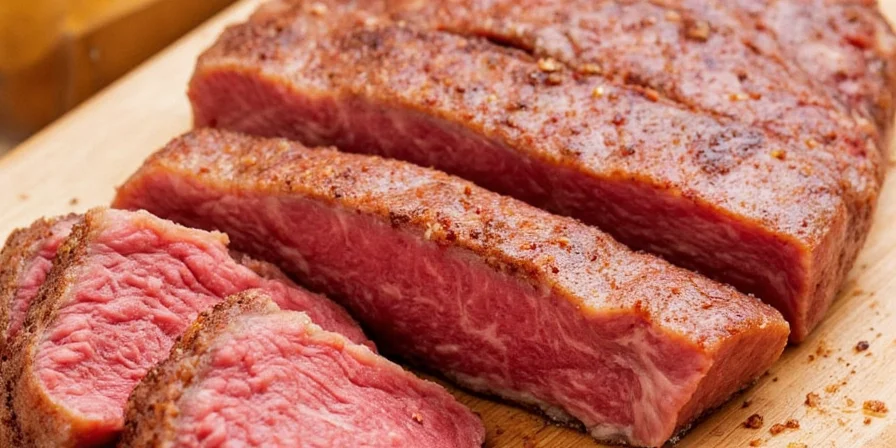









 浙公网安备
33010002000092号
浙公网安备
33010002000092号 浙B2-20120091-4
浙B2-20120091-4